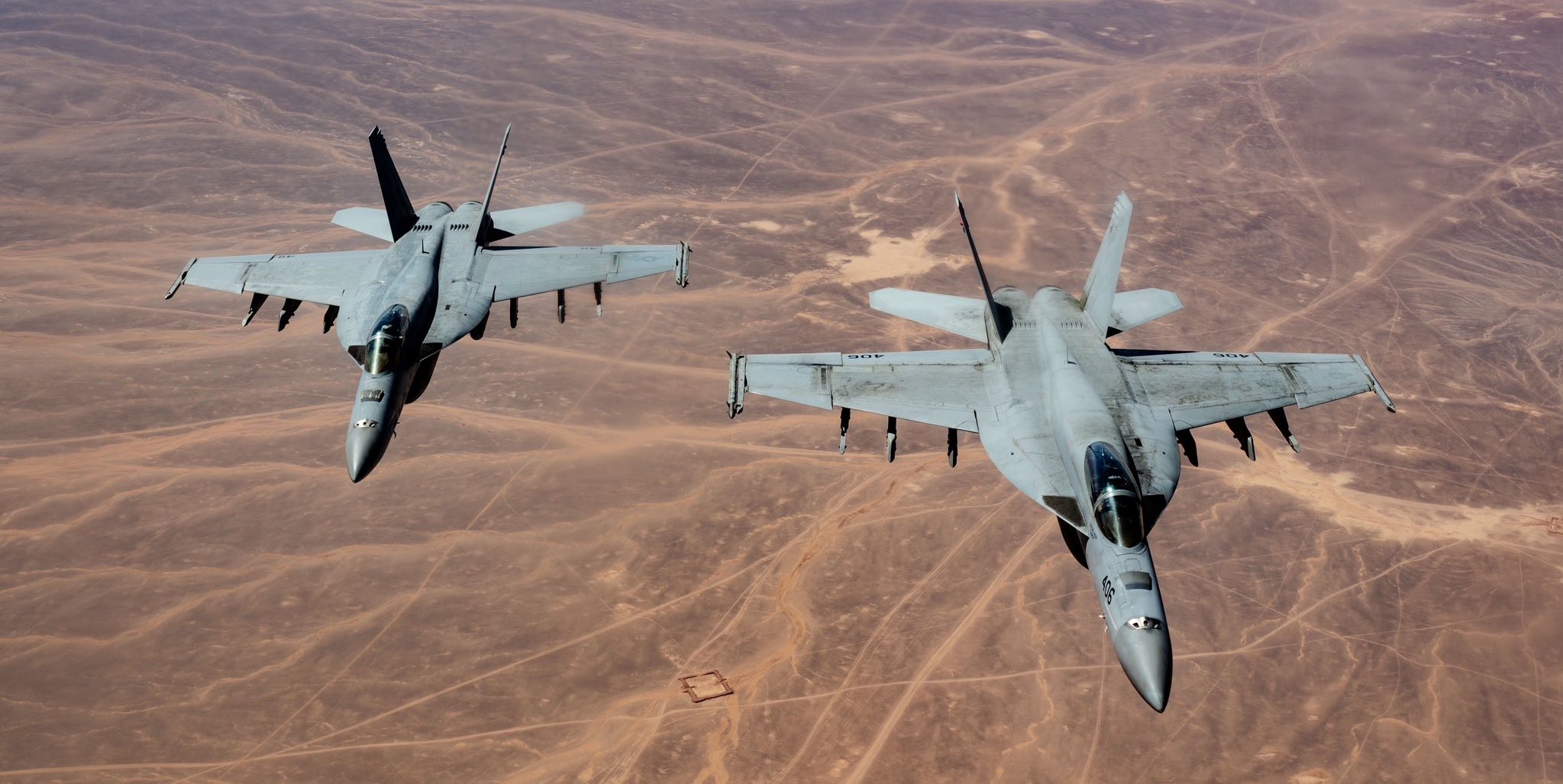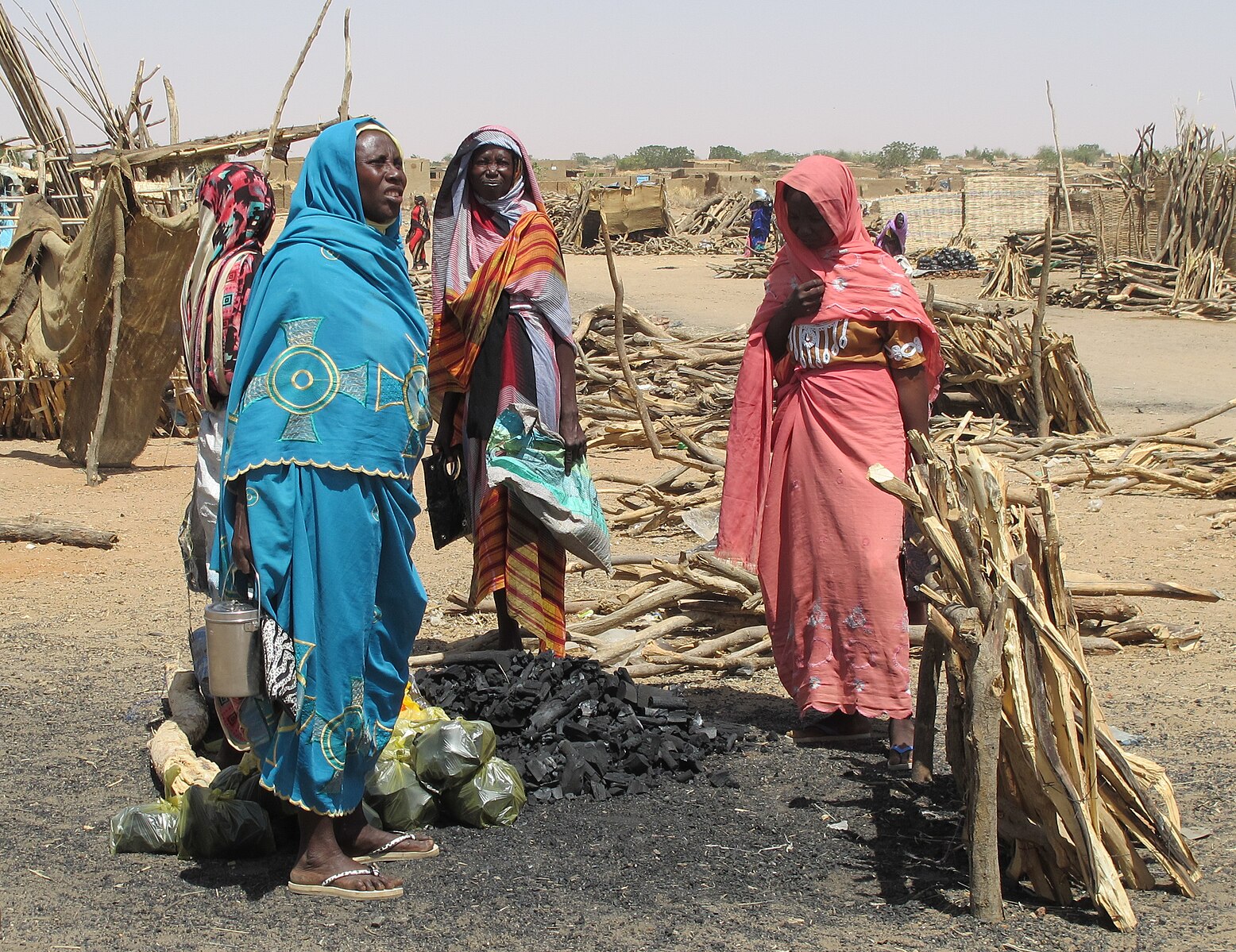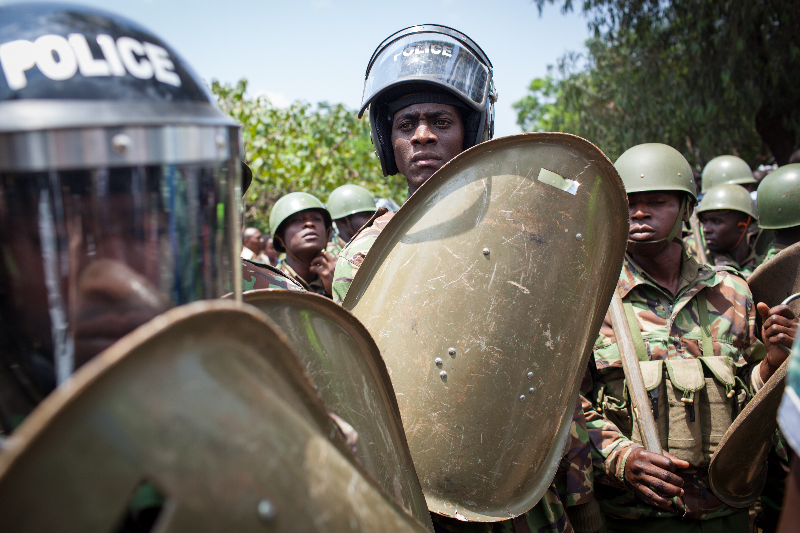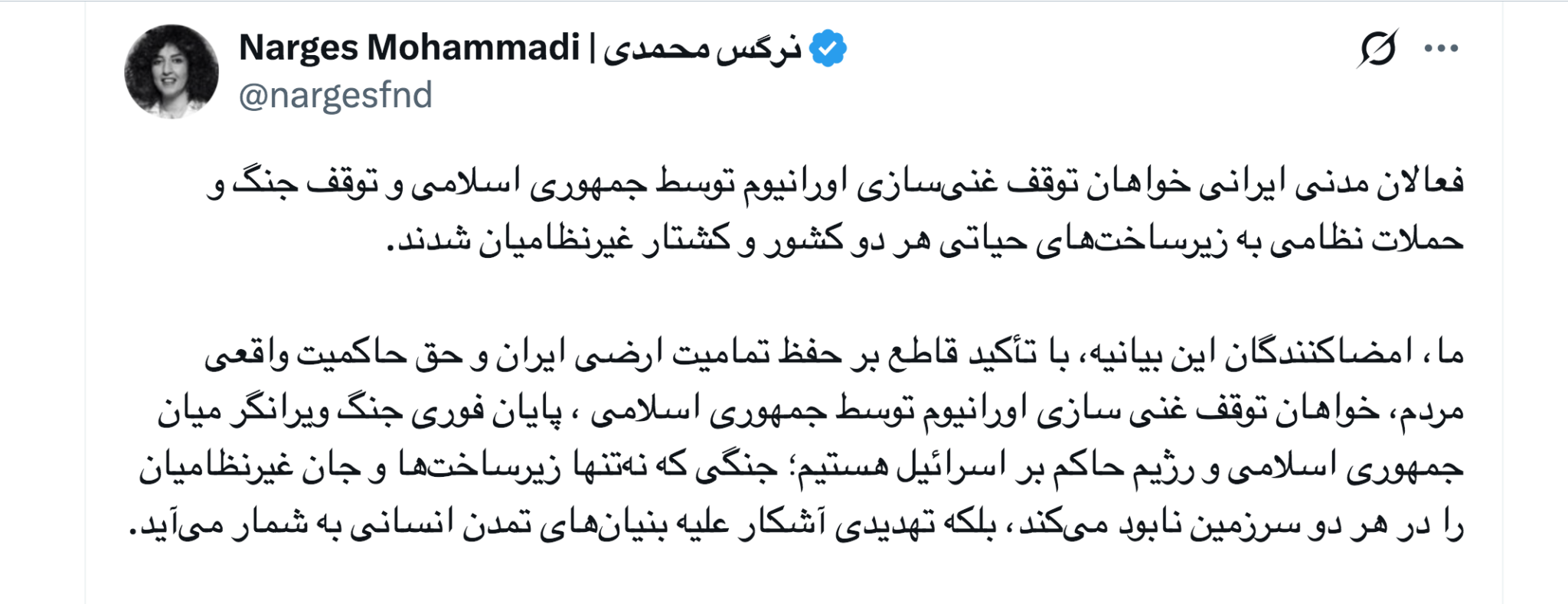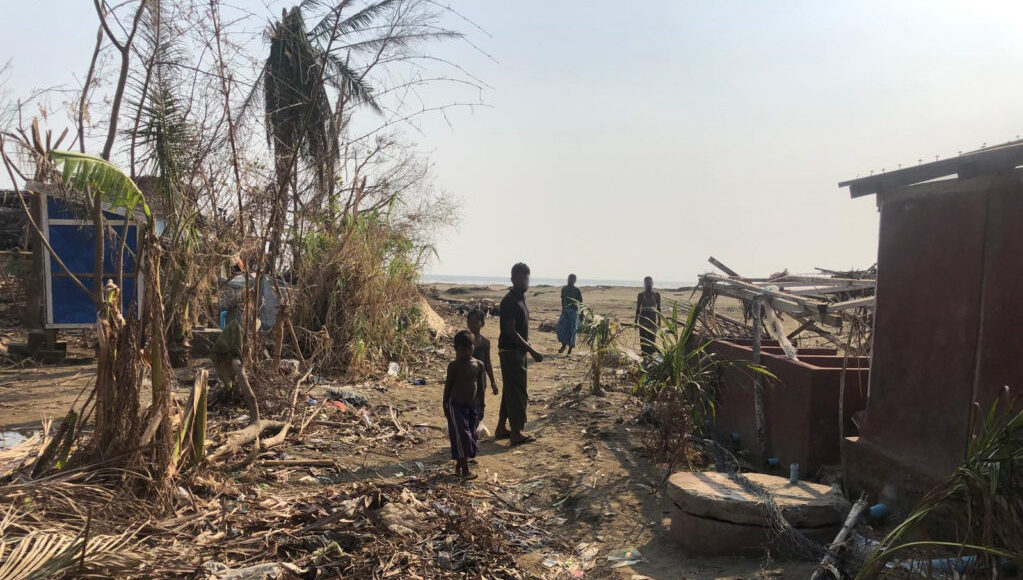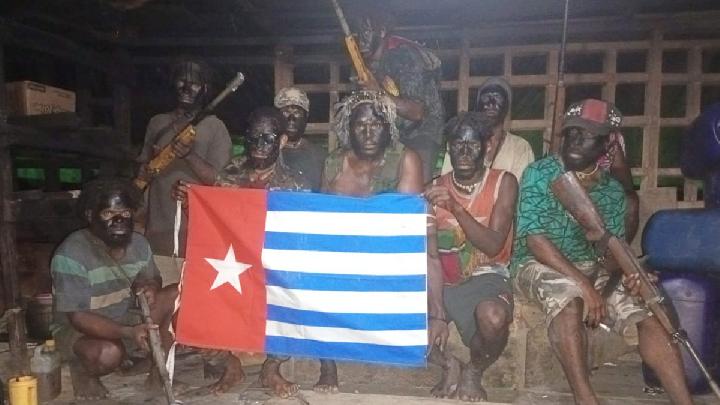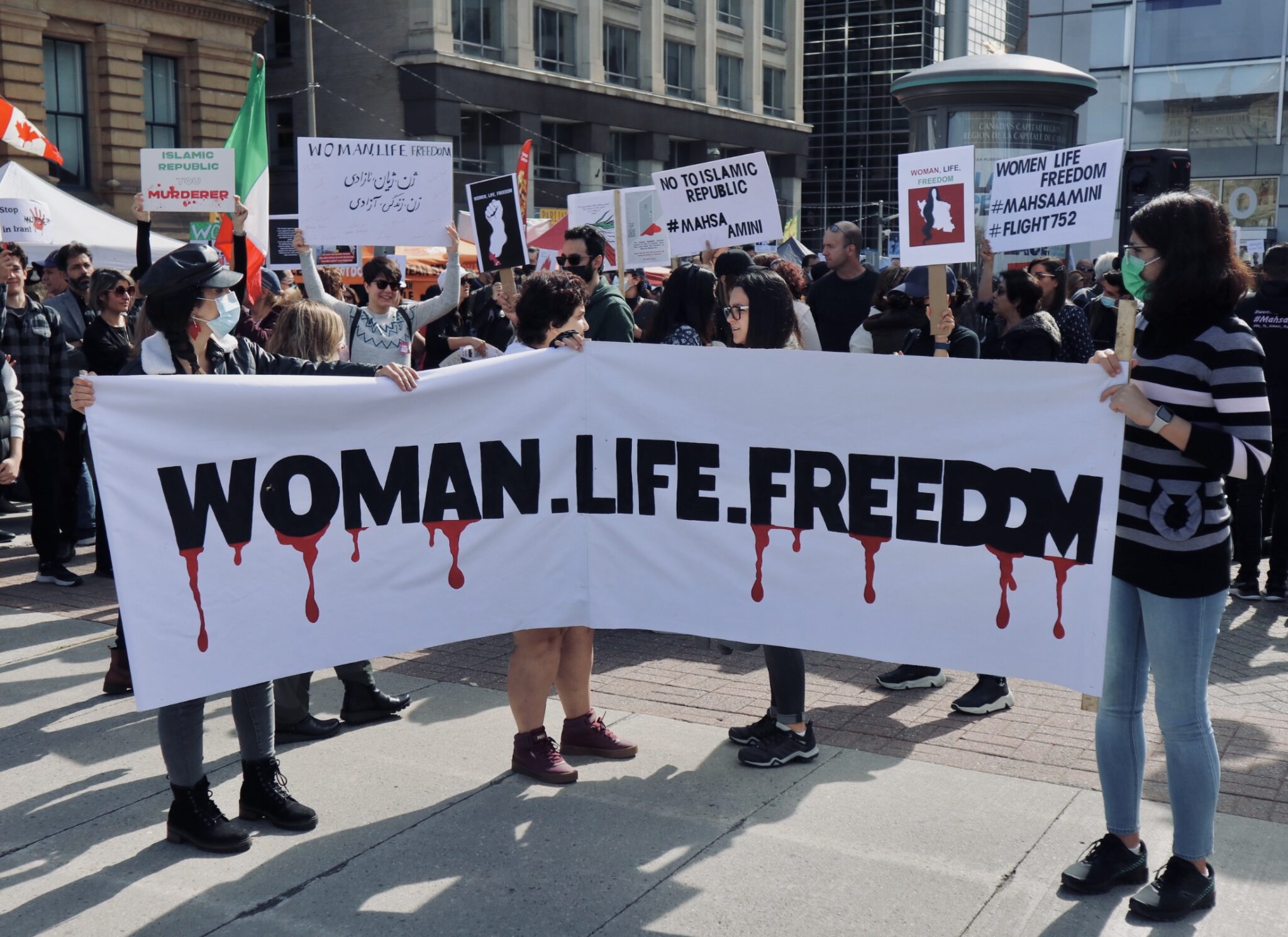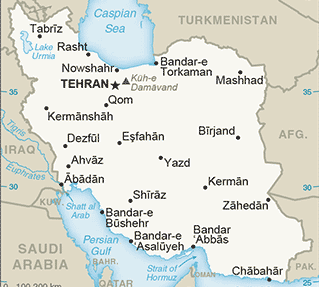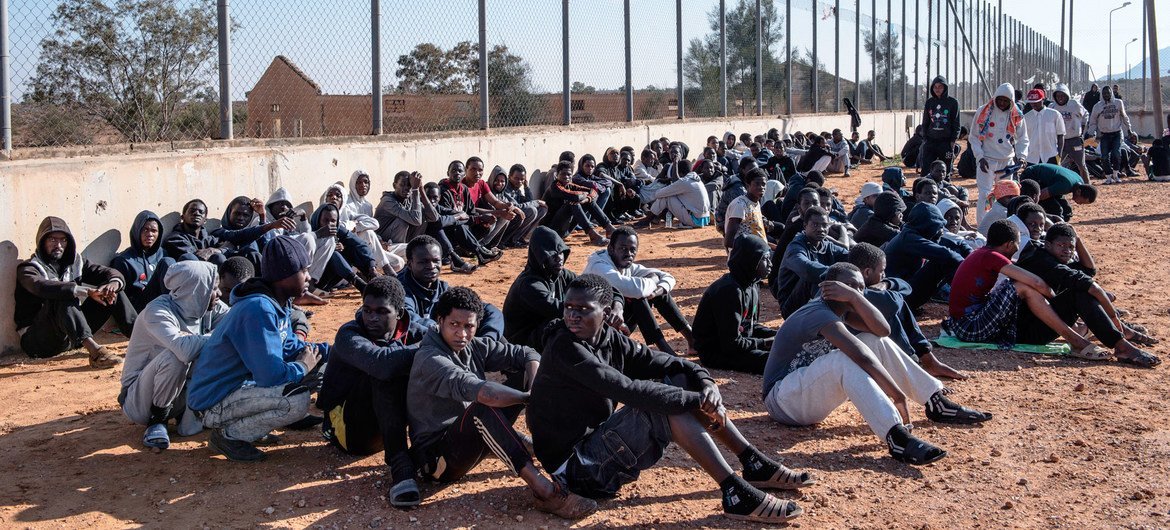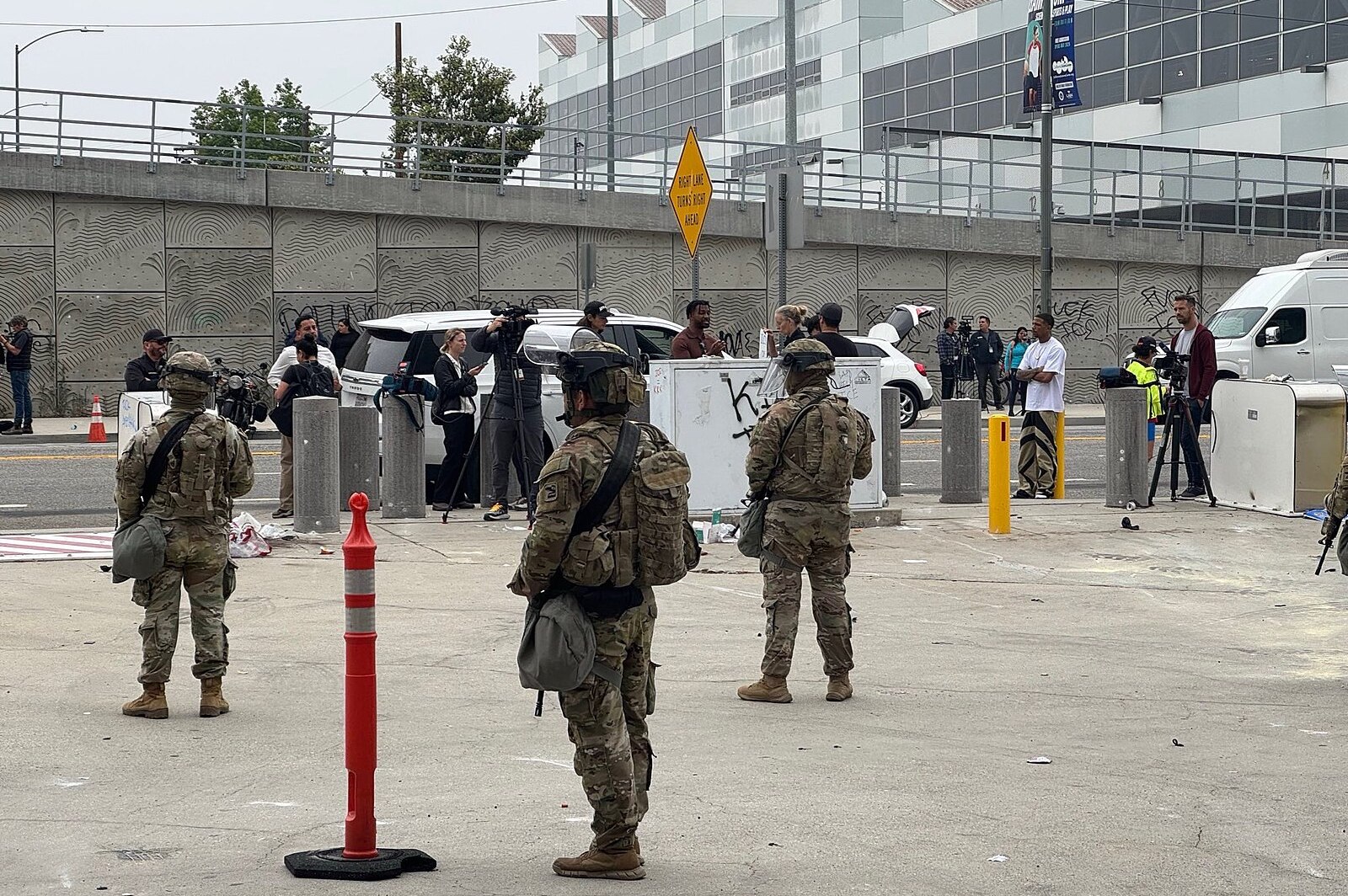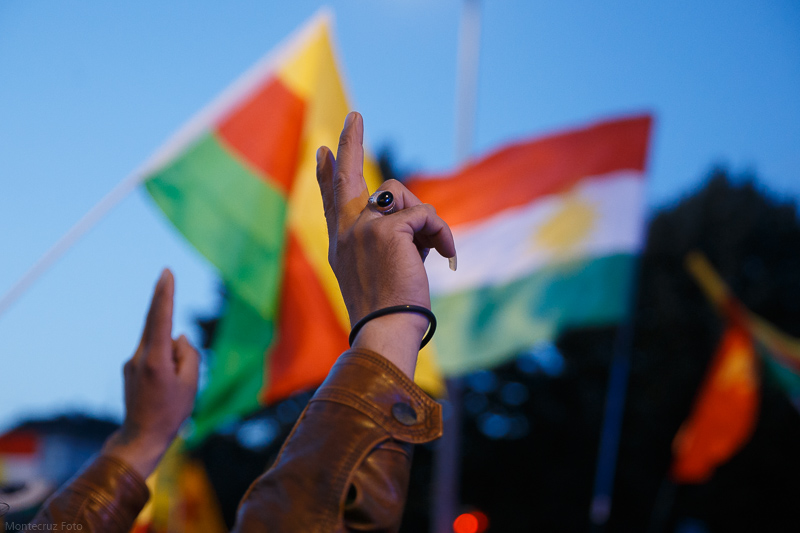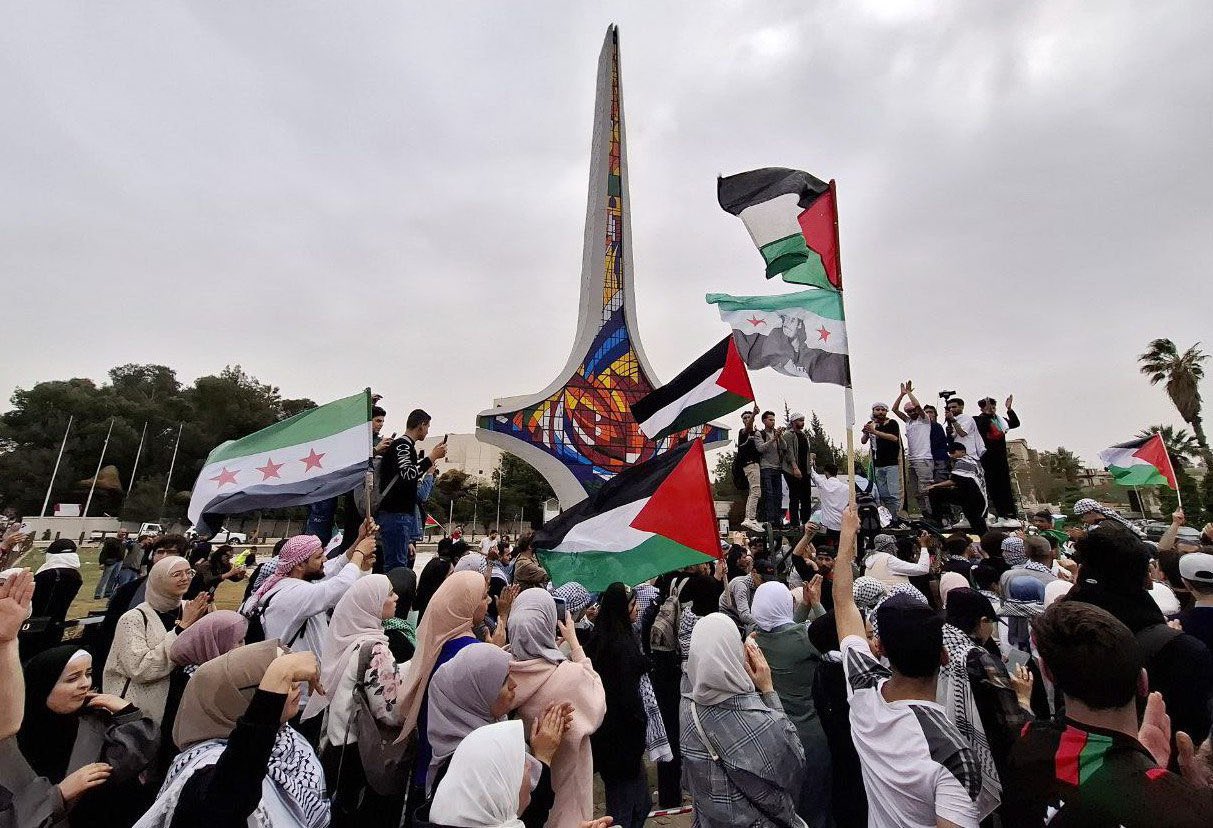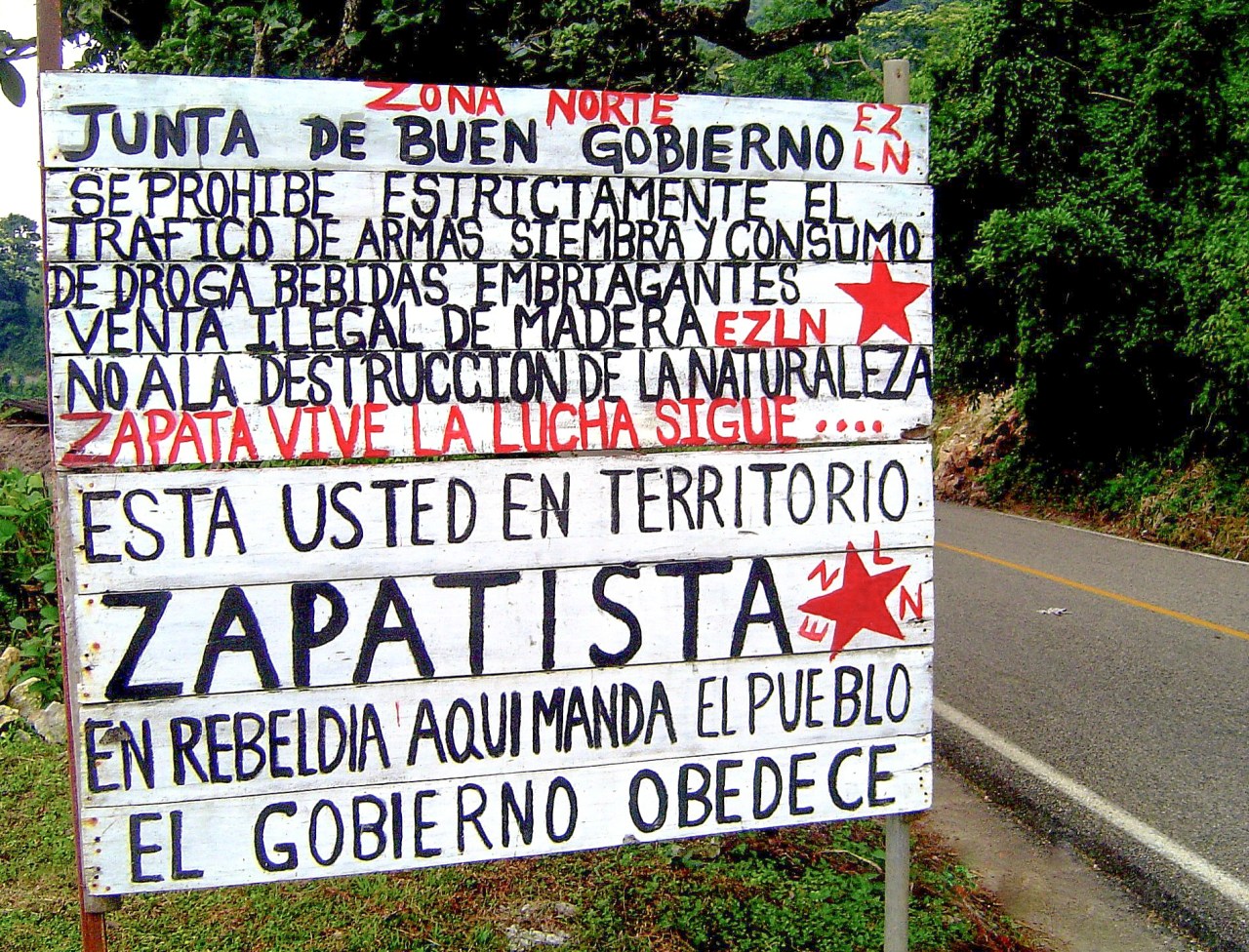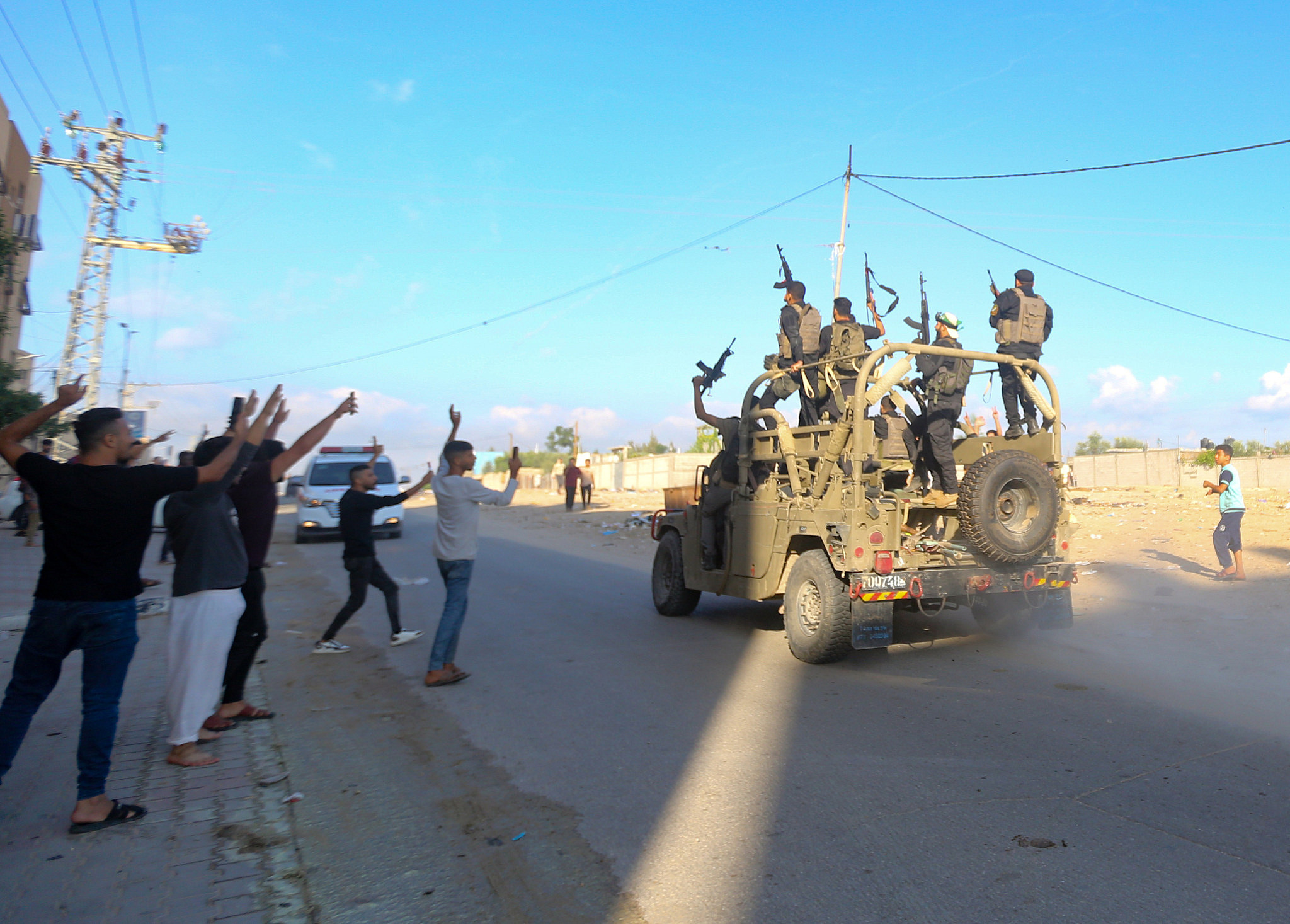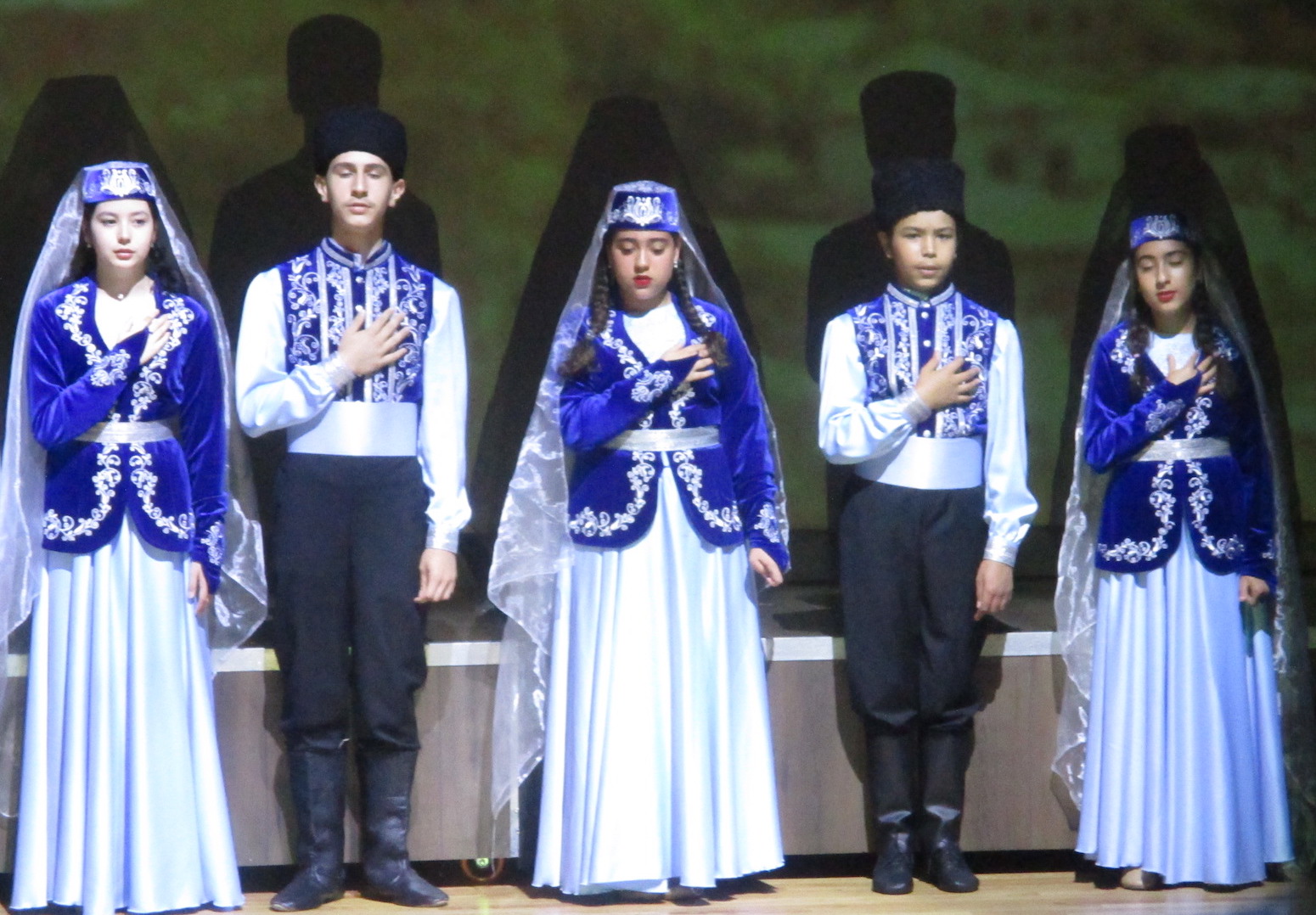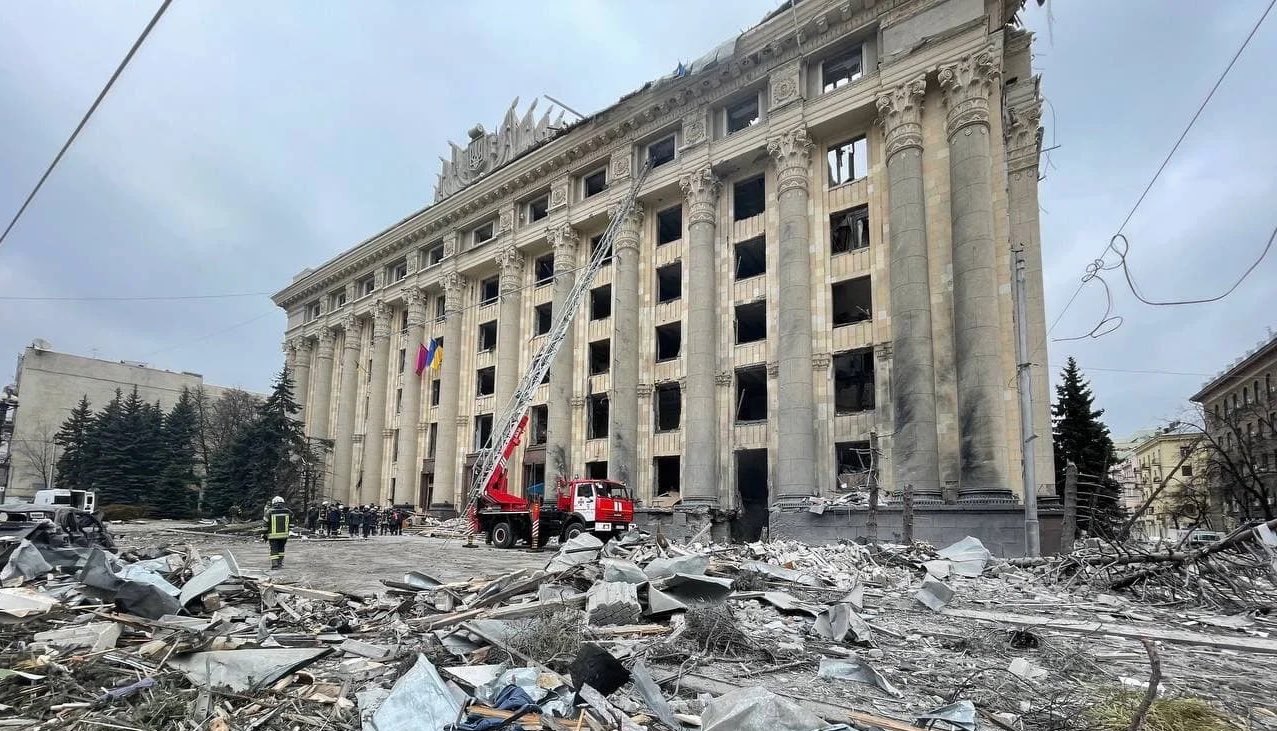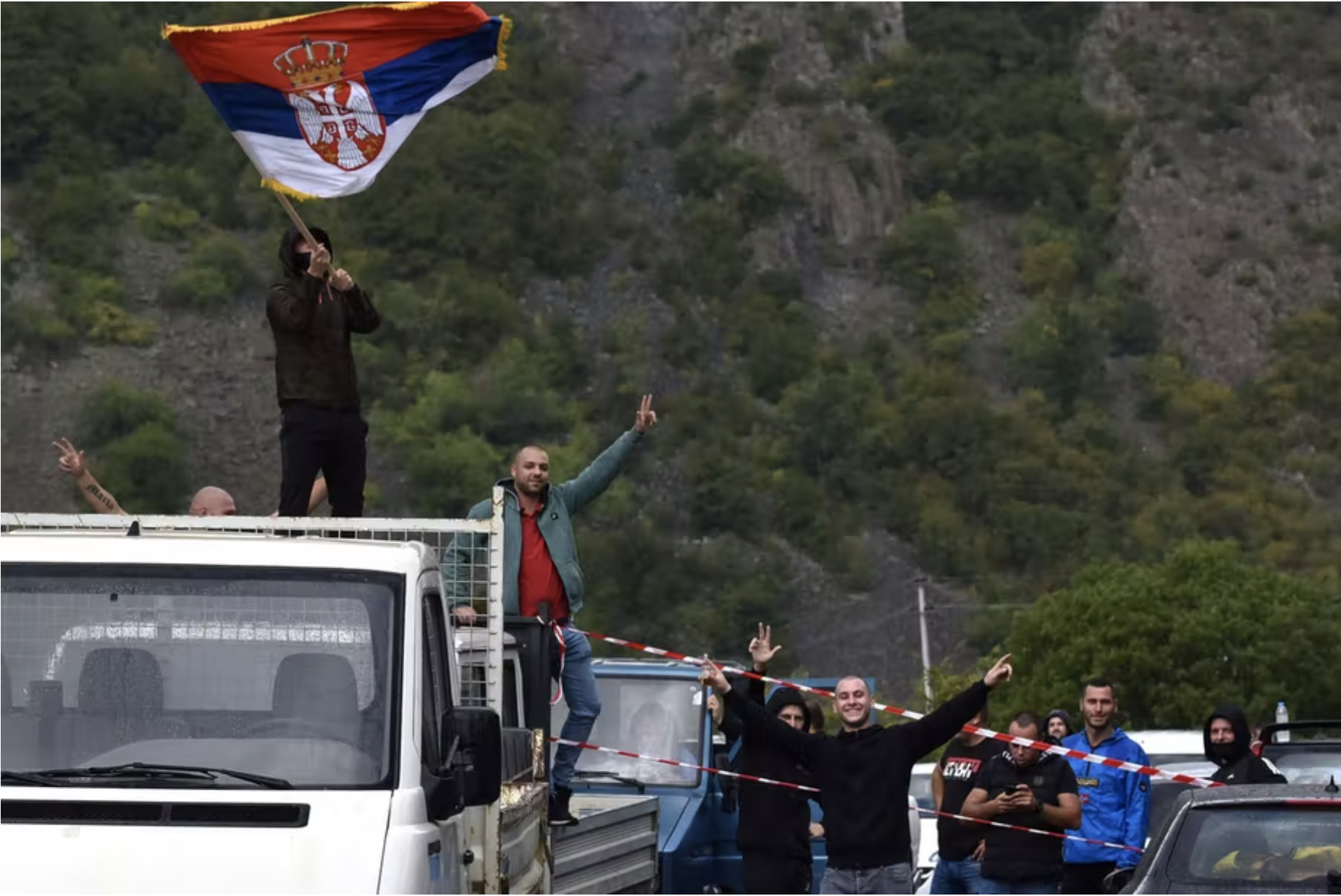
Podcast: Zohran Mamdani and the weaponization of anti-Semitism
New York City’s mayoral race has become embroiled in the national and global dilemmas, with progressive candidate Brad Lander getting arrested by ICE and progressive frontrunner Zohran Mamdani being aggressively baited as an anti-Semite by the campaign of the overall frontrunner, disgraced former governor Andrew Cuomo. Joining Cuomo in this propaganda offensive, not surprisingly, is the pro-Israel doxxing operation Canary Mission. In the current fraught atmosphere, this is a serious matter; Mamdani has received death threats and his campaign is boosting security measures. In Episode 283 of the CounterVortex podcast, Bill Weinberg examines the accusations against Mamdani that have been hyped by the New York Post and even the supposedly more objective Politico, and weighs them against Mamdani’s own responses. (Photo: CounterVortex)



